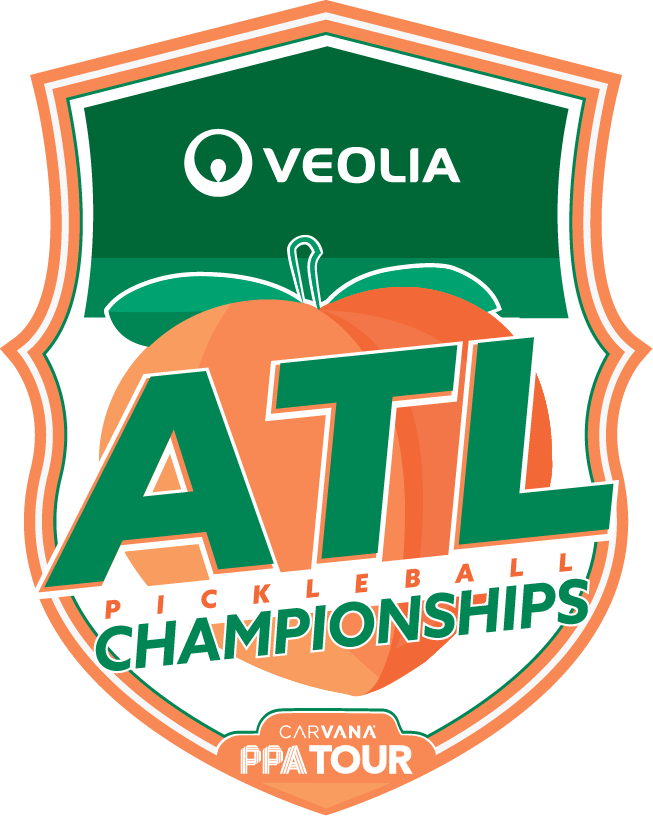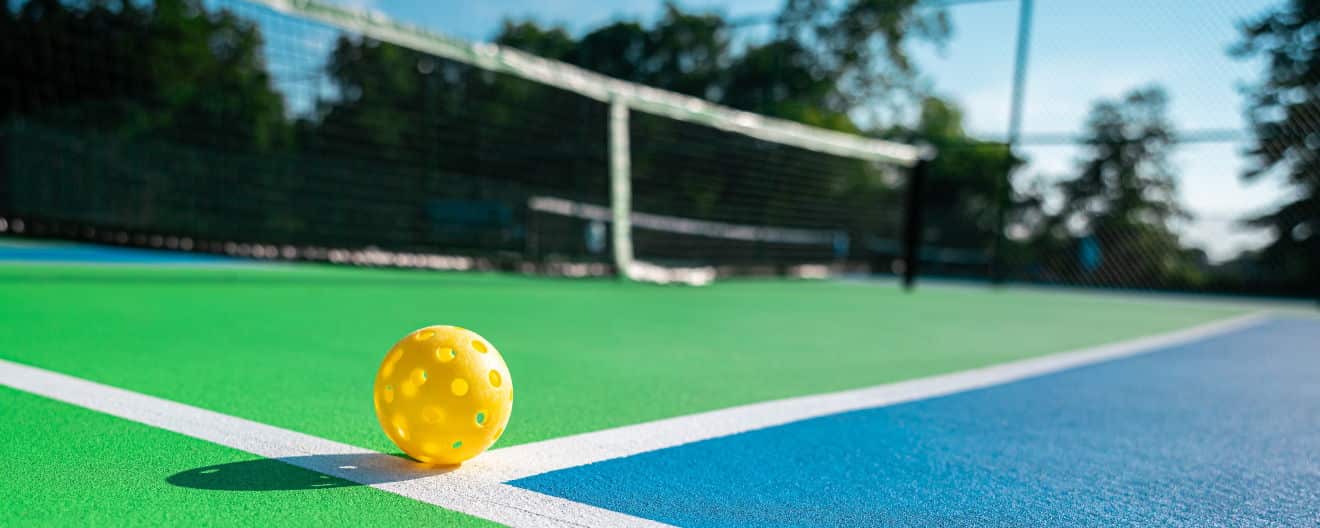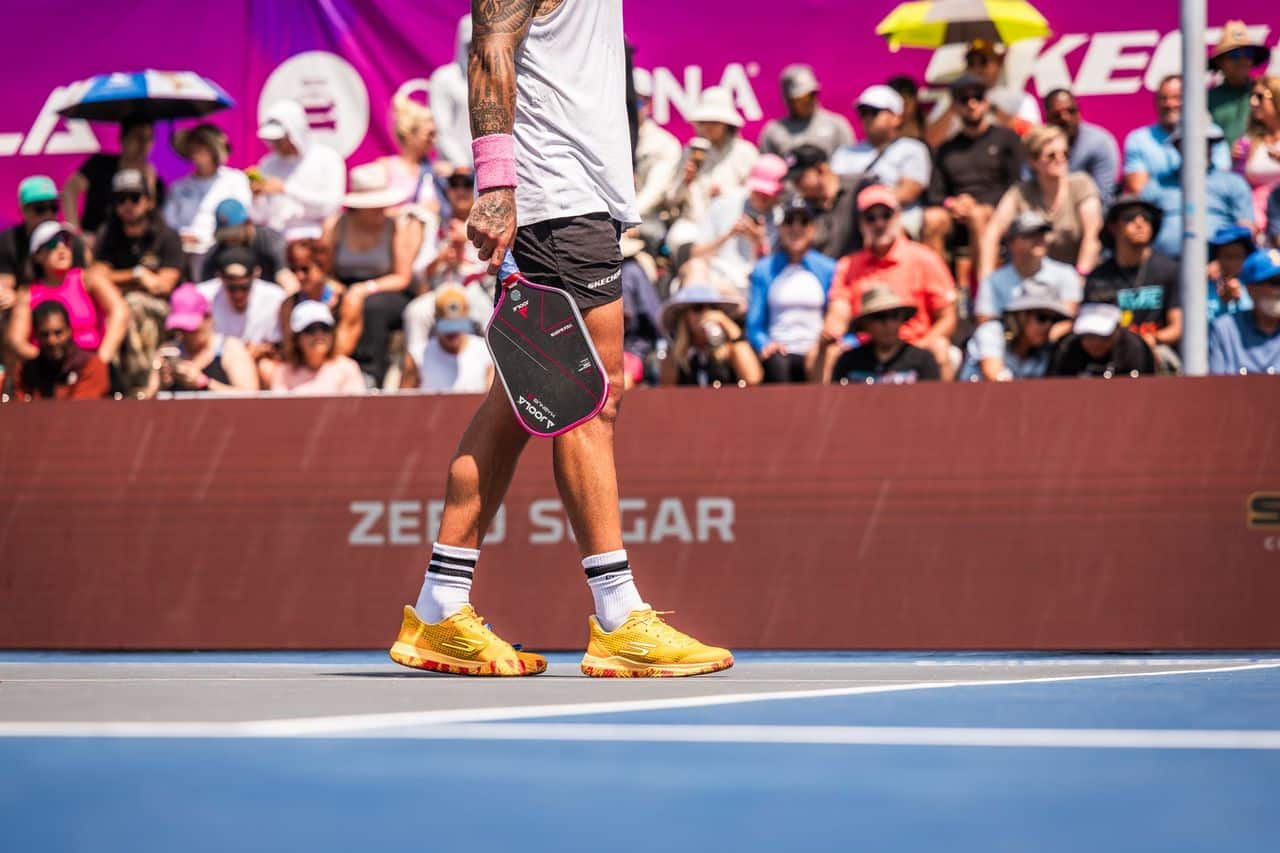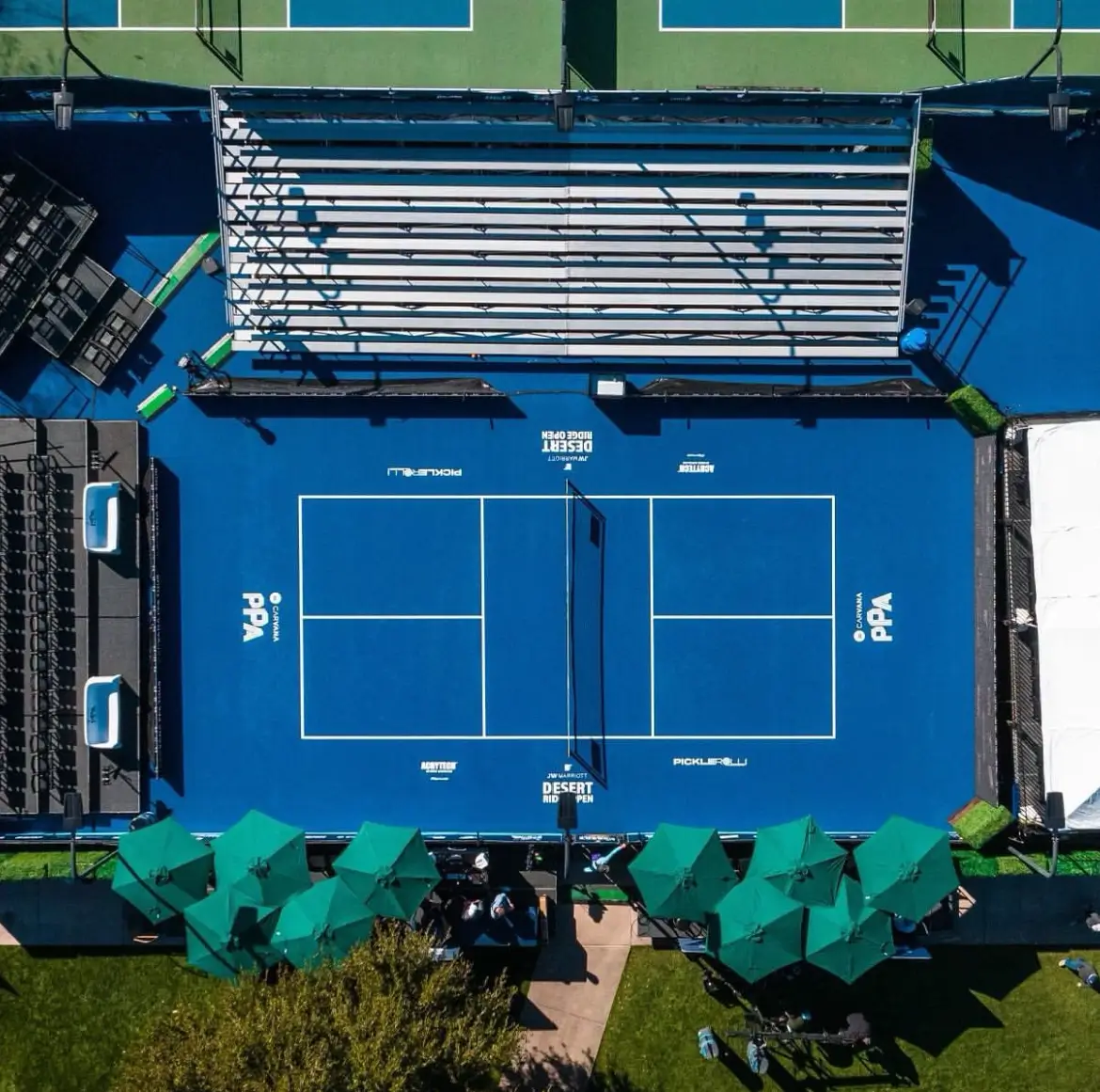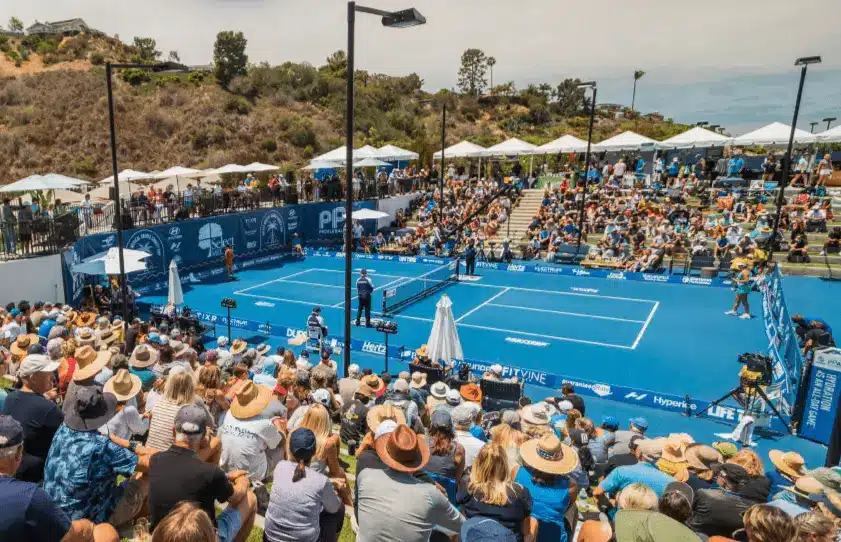Pickleball Line Calls
| June 14, 2024

The ball is moving too fast. There’s already a lot of pressure, a crowd in the stands, a medal on the line.
It’s just hard to see.
Was it in? Out? Can’t tell?
And hang on just a second. Before you go to Facebook or some pickleball, online forum where someone has frozen the moment in time for all of the internet to see, remember for just a second, the players on the court don’t have the same luxury as you do – the ability to slow down, zoom in and study the ball like it’s a mathematical equation.
So, what’s the call?
Chances are, even at the pro level, the players can’t tell either. And as tough as it is to make that decision, it’s even tougher to try and figure out what’s going to be the future of pickleball line calls, replay and trying to make sure the tough calls are turned into the right calls.
“In a perfect world, players wouldn’t have to make their own line calls,” said PPA Tour pro Tyler Loong. “But being realistic and dealing with the current economics and logistics, it’s not feasible.”
Loong is right. Tennis, the sport most comparable to pickleball, has been around a lot longer and has a lot more discretionary money to funnel toward cameras, instant replay, and the like. Same goes for other sports that have made the move away from relying on human abilities. Basketball, football, baseball, soccer – all have video replay components to their game at the professional level.
Is pickleball next? We’ve seen the PPA Tour roll out its first generation of camera replay and a challenge system on Championship Court and Grandstand Court. Players/teams can use one of their timeouts to challenge calls that have been made on court. The referees on court retreat to review the video feed and make the call – choosing to either uphold the original call, overturn the original call, or announce that the video feed was inconclusive. In the event that the referee is unable to make a call because of inadequate video feed, the original call on the court stands.
However, if a professional match is not on a streamed court with enough cameras in place to provide decent video footage, the calls are left in the hands of the players. The on-court referee is there to watch for foot faults and will generally only overrule a call if a player questions the call, and the referee saw the play clearly. For the most part, players get the final say – which is problematic for some.
“It’s really frustrating and upsetting when a ball that I believe was in gets called out,” said PPA Tour player Catherine Parenteau. ”I do my best to always be fair and honest with all my calls, so it’s disappointing when my opponent doesn’t do the same. It can change the entire trajectory of the match when that happens and sometimes it is a critical point in the match.”
However, bad calls tend to happen less at the pro level than at lower levels of play. Pro players are known to give more leeway. Sure, you’ll see plenty of folks with their, “I-told-you-so” videos on Facebook, but the pro players are more likely to call an out-ball “in” than a 3.0 player. Why?
“Players are going to continue to make these calls,” said PPA Lead Referee Don Stanley. “There’s too much mutual respect. Generally, they make the best calls to their ability and in good faith, plus, you get someone you’re facing today who might be your partner tomorrow. When a group is that close, you’re not going to make calls you’re not sure about.”
There are undoubtedly bad calls here and there – most accidentally, and some, perhaps not. The arguments over line calls are problematic, for sure, but so is trying to pay for a “Hawkeye” system like pro tennis has, and so is asking line judges to sit on every line of every pro court and try to decide if a screaming overhead smash lands in or out.
“The game is getting faster and faster,” said PPA Tour player Spencer Smith. “With more money coming into the sport, it needs to be fair. It’s too hard to turn around and make a correct call that is right by the line. None of us have perfect sight, so we’re destined to make a few bad calls.”
Mistakes happen, and while the PPA Tour will be moving ahead with increased video technology for its main courts, the system that players are using now does work. It’s not perfect, but it’s good, because the players ultimately police themselves.
“Most players give opponents the benefit of the doubt and simply play the ball so as not to be labeled a cheater,” said Loong. “I used to call balls closely, but as I’ve gotten older, I’ve realized it’s not worth it to mistakenly call a ball out if it’s in. Some of the best in the game are known for having generous line calls. They don’t need to cheat in order to win.”

